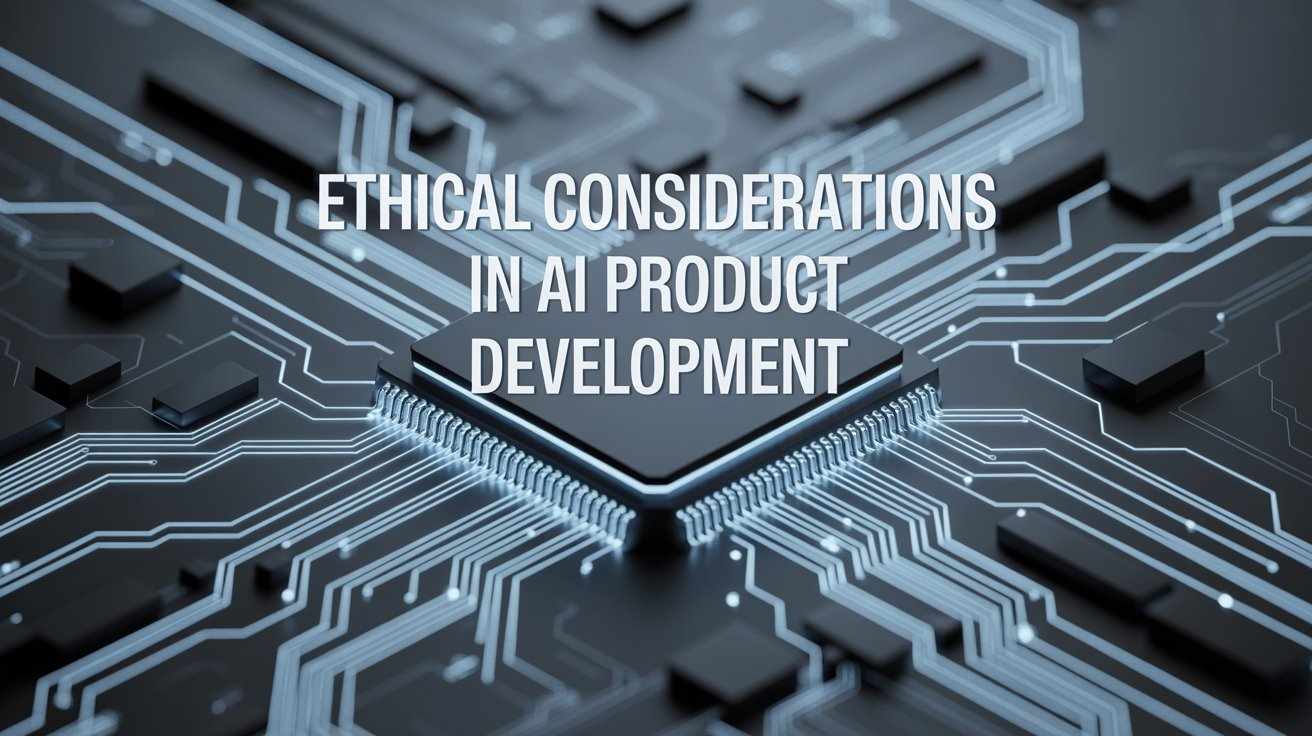
Integrating AI in product development is no longer a futuristic idea—it’s happening right now. Companies are rapidly adopting artificial intelligence to design smarter products, speed up development cycles, and deliver better customer experiences. But as AI becomes deeply embedded in product creation, it raises important ethical questions that businesses cannot ignore.
How do you ensure your AI-driven products are fair, transparent, and responsible? What happens when an algorithm makes a decision that affects a user’s life? And how do you protect privacy while leveraging massive amounts of data?
In this article, we’ll walk you through the key ethical considerations in AI-powered product development and explain why working with an experienced AI development company or tapping into specialized AI development services is the smartest way forward.
1. Avoiding Algorithmic Bias
AI systems are only as good as the data they learn from. Unfortunately, if the data reflects historical inequalities or societal biases, the resulting products can unintentionally discriminate against certain user groups.
For example, a facial recognition system might perform poorly on certain skin tones if the training data isn’t diverse enough.
This is why companies that hire AI developers should prioritize building unbiased, well-curated datasets and continuously monitor their models for unfair outcomes. Ethical AI isn’t just good practice—it’s essential to avoid reputational damage and comply with regulations.
2. Making AI Decisions Transparent
One of the biggest challenges with AI is that many models operate like black boxes. Even developers sometimes struggle to explain how a system arrives at a particular decision.
Without transparency, it becomes difficult to hold the right people accountable when something goes wrong—or even to build trust with users.
An ethical approach means adopting explainable AI techniques. This includes designing algorithms that are interpretable and documenting decision-making processes clearly. A trusted AI development company can help ensure that your product explains its actions to users, fostering trust and long-term engagement.
3. Respecting Data Privacy
AI products rely on massive amounts of user data to function effectively. But that raises serious questions:
• How is user data collected?
• Are users aware their data is being used?
• Is the data protected from misuse or breaches?
Without strong data governance, companies risk violating privacy laws like GDPR or CCPA, and worse—losing customer trust.
By working with expert AI development services, firms can implement privacy-first solutions such as anonymization, secure storage, and clear consent processes, ensuring that users remain in control of their data.
4. Defining Accountability
When an AI-driven product malfunctions or causes harm, pinpointing responsibility isn’t always straightforward. Is the fault with the algorithm, the developers, or the organization that deployed it?
Ethical AI product development requires clear accountability structures:
• Rigorous testing protocols
• Detailed audit trails of AI decisions
• Human oversight with the ability to override decisions when necessary
Partnering with an experienced AI development company makes it easier to set up these safeguards from the start, protecting your business from potential legal and reputational risks.
5. Building Sustainable AI Products
It’s easy to forget that many AI models, especially large-scale machine learning systems, consume significant computing power—and energy.
This leads to a surprisingly large carbon footprint.
Ethical development means focusing on sustainability:
• Optimize models to use fewer resources
• Prefer energy-efficient algorithms
• Use green data centers whenever possible
Firms focused on long-term responsibility turn to AI development services that specialize in building efficient and sustainable AI solutions, reducing environmental impact without sacrificing performance.
6. Preventing User Manipulation
AI-powered recommendation engines and personalization tools are great at keeping users engaged, but they can also cross ethical lines if used to manipulate behavior without consent.
For example, nudging users toward unnecessary purchases or exploiting emotional vulnerabilities.
Ethical AI development ensures:
• Transparent personalization practices
• Easy opt-out options
• Focus on user well-being over short-term engagement metrics
Reputable AI development companies emphasize responsible product design that respects user autonomy and builds trust.
7. Designing for Inclusivity and Accessibility
AI-powered products should serve all users, including those with disabilities or from underrepresented backgrounds.
Without careful design, AI products risk creating a digital divide.
Inclusive development means:
• Testing products with a wide range of users
• Following accessibility guidelines (e.g., screen reader support)
• Ensuring cultural and regional sensitivity
Firms that hire AI developers with a focus on inclusivity deliver smarter, more accessible products that serve everyone.
Conclusion
AI is transforming product development in remarkable ways, but it brings responsibility. Ethical considerations—from bias and transparency to sustainability and privacy—are not optional. They are the foundation for products that customers trust and value.
Working with a reliable AI development company or leveraging specialized AI development services ensures your firm stays ahead, delivering innovative, responsible solutions. Whether you decide to hire AI developers or adopt pre-built frameworks, integrating ethical principles into your development strategy today positions your products for long-term success in 2025 and beyond.




















Write a comment ...